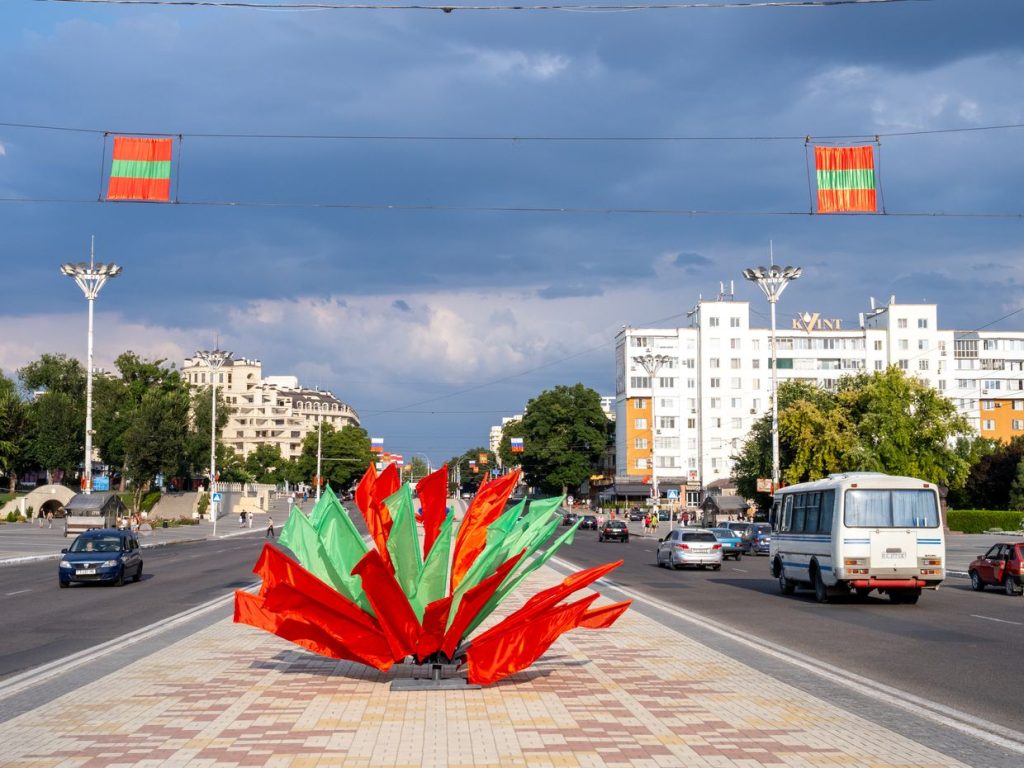An attack drone reportedly struck a military base in Transnistria, a breakaway region in Moldova, on April 5. The drone allegedly targeted a radar station in the Rybnitsa district, causing slight damage to the facility. No casualties were reported from the attack. Moldova’s Bureau of Reintegration denounced the incident as part of a series of provocations aimed at creating panic and tension in the region. The Bureau emphasized that only legitimate authorities can investigate and clarify the circumstances, but they do not have access to the area of the alleged attack. This incident follows a previous drone attack on a military base in Tiraspol on March 17, which was disputed by Moldova’s authorities due to the non-functional military technology shown in the video evidence.
Transnistria, a region bordering Ukraine’s Odesa Oblast, is internationally recognized as part of Moldova but has been under Russian military presence since the early 1990s. Russia invaded the region under the pretext of protecting ethnic Russians, setting the stage for ongoing tensions and disputes in the area. The recent drone attacks on Transnistria’s military bases have raised concerns about potential provocations to draw attention to the breakaway region. Moldova’s authorities have accused the proxies in Transnistria of staging these attacks to create panic and tension. Despite the disputed nature of the region’s status, the incidents highlight the fragile security situation in the area, especially given its proximity to the Ukrainian border.
Russian troops have been stationed in Transnistria for decades, further complicating the already tense situation in the region. Recent appeals by lawmakers in Transnistria to Moscow for assistance in ending an “economic blockade” by Moldova have raised further concerns about Russia’s involvement in the region. The Russian-controlled region’s reliance on Moscow for support and its claims of economic hardship due to Moldova’s actions add another layer of complexity to the ongoing political and military tensions in Transnistria. The presence of Russian troops and the region’s appeals for assistance from Moscow underscore the geopolitical significance of Transnistria and the broader implications of its status for regional stability.
The alleged drone attacks on Transnistria’s military bases have not only caused damage to the facilities but have also heightened tensions in the region. The disputed status of Transnistria, the presence of Russian troops, and the involvement of Moldova’s authorities reflect the complex political dynamics at play. The lack of access for legitimate authorities to investigate such incidents raises concerns about the transparency and accountability in the region. As the situation in Transnistria remains volatile, it is essential for all parties involved to exercise restraint and engage in constructive dialogue to prevent further escalation of conflict. The international community’s attention to the region is crucial to ensure stability and security in this sensitive area near Ukraine’s border.
The ongoing provocations and incidents in Transnistria underscore the fragility of the region’s security and the potential for further escalation. The reliance of the breakaway region on Moscow and its appeals for assistance raise questions about the role of external powers in the conflict. Moldova’s efforts to maintain control and respond to the alleged drone attacks highlight the challenges of governance in a disputed territory with a history of separatism. The broader implications of the situation in Transnistria for regional stability and security make it imperative for all parties to seek peaceful resolution through diplomatic means. By supporting independent journalism and staying informed about developments in the region, individuals can contribute to promoting transparency and accountability in addressing the underlying issues fueling tensions in Transnistria.


